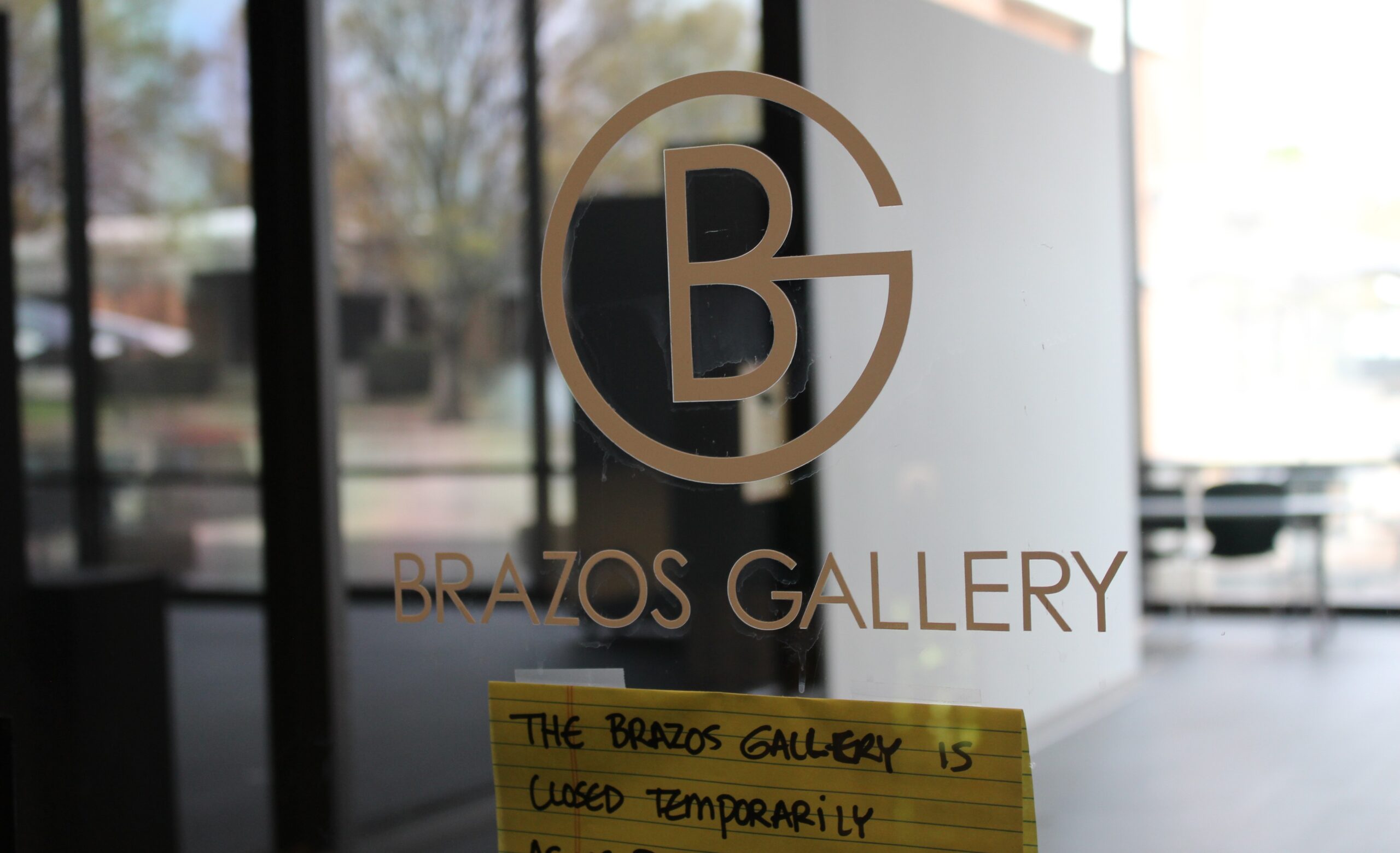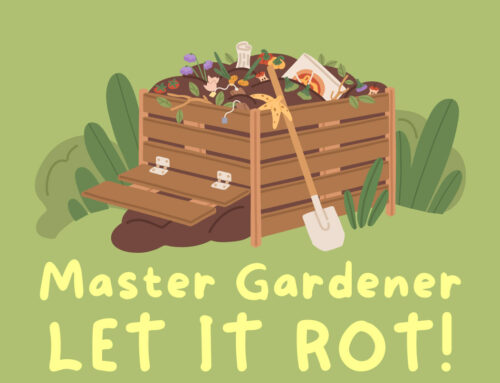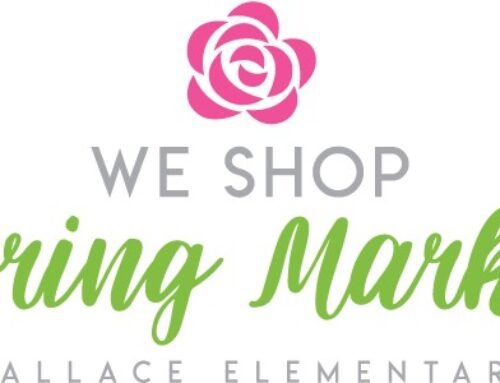“Across the nation, in some of the biggest cities, there is something those cities are synonymous with,” says Raven Jordan, staff writer at Advocate Magazine. “Whether it be their food, music, literature or otherwise. Dallas is kind of a melting pot in that regard.”
She’s right, Dallas might just be a little bit of everything. Los Angeles is Hollywood. Seattle is the home of grunge. Atlanta is known for hip hop and Memphis for the blues. New Orleans might have too much culture to count.
Dallas, despite being one of the country’s biggest cities, has no discernible identity.
There’s an interesting concept to be found here; what’s it like to be an artist in a town without an artistic soul?
Some might see the lack of identity as an exciting blank canvas to work with. An artist can bend the city to their will, and frame it as whatever they want it to be. They can cherry pick the parts that they like and leave out the parts that they don’t. Without an identity, who’s there to keep them in check?
Alternatively, no culture also means few artists around to build off each other and create an arts scene. Is it possible for Dallas to birth its own music genre or painting style when every artist working seems to be doing their own thing?
To find answers to my questions, I got perspectives from three artists I’ve interviewed in the past, chef Parker Cantera, pianist Bobby Orozco, filmmaker Thaddeus Matula, as well as my co-worker at the Advocate, writer Raven Jordan.
Jordan has seen Dallas’ underbelly firsthand. She’s been a writer in the city for various publications since 2018.
“I’ve noticed that lack of solid culture leads to many artists to form communities of their own to get the recognition they deserve,” Jordan says. “It also allows those artists to connect with others who share their niche, even if it’s on a small scale.”
While the city might not have one overarching culture, there’s certainly no shortage of community here.
In Lake Highlands, chef Parker Cantera at Resident Taqueria maintains a community that’s stood the test of time in a neighborhood with lots of turnover. Founded by Andrew Savoie, the restaurant has grown to have a loyal following with its inventive flavor combinations.
“The Dallas consumer doesn’t understand how powerful they are and how important it is to support local,” he says. “If you find a place you like and they take care of you, take care of them too. They might not be there next time.”
Cantera credits his long-tenured staff and supportive regular customers for keeping Resident Taqueria thriving through COVID-19 and beyond.
“That’s why Resident stands out so much to me,” he says. “I have people that have been here through this, we’re going on eight years now and we’ve only gotten better.”
The restaurant is a Lake Highlands staple, brimming with culinary creativity and community orient, which Cantera thinks Dallas needs more of.
“Dallas is a city with a lot of money and a lot of old money, not enough artists,” he says. “But we have three Popeyes in a six mile radius,” he says. “What if they were independent chicken places that all did something different?”
The answer to that question is almost certainly a sustainability issue. Lake Highlands specifically has fielded the closings of Hei Hei and RM 12:20 in just the last few months. It’s never been harder to stay afloat as a restaurant in Dallas, and it doesn’t look to be getting any easier.
That said, there will always be a market for selling food and Cantera has found his groove in it at Resident. When it comes to selling tickets, pianist Bobby Orozco is still experimenting.
“I know a handful of people that come to every performance,” Orozco says. “On the other hand, I can’t book a show the same night Elton John is in town.”
Orozco is janitorial worker for RISD that moonlights as a classical pianist and composer. He books and promotes all his shows himself.
“Dallas is definitely a tough sell for the most part,” he says. “Especially selling tickets with my name on them.”
Orozco walks a creative tightrope between benefitting from his niche and struggling to succeed because of it. In some ways, entering the classical piano scene is actually an advantage as it comes with a built-in audience. Most people that want to attend classical piano concerts will, they don’t need to be convinced. At the same time, the niche is still a niche, and presents somewhat of a ceiling that’s difficult to break through.
In either instance, Dallas hasn’t quite fostered an environment ripe for classical composition in the mainstream. But then again, what city has?
“My music creativity is there with or without anyone watching,” Orozco explains. “I suppose in a way, it comes more naturally without an identity because I don’t feel that I have to prove anything to anyone.”
No matter who’s watching in Dallas, the artists continue to create. One of the city’s best filmmaking exports, Thaddeus Matula, hasn’t slowed down one bit. The Emmy-winning director is currently juggling production on five different projects, alongside his documentary, Into The Spotlight, which is slated to premiere at the Dallas International Film Festival in April.
“It’s not that there isn’t art created here and it isn’t that we don’t have amazing institutions for incubating young artists,” Matula says. “It’s that Dallas’ entire existence is almost a slogan. It’s worth is valued in commerce.”
Looking back at history, Dallas was founded in 1841 to be a trading post for people traveling through to the west. It’s not close to any bodies of water, it was never a true settlement. Commerce has been the nature of Dallas since the day it was created.
“Dallas doesn’t have any solid middle ground,” Matula says. “There aren’t organizations or public sentiment that tolerate what’s needed for a vibrant arts culture to blossom. I should note that SMU is consistently a top five undergrad theater school in the nation. So we attract some of the country’s finest actors to come here, we just don’t keep them.”
The middle ground in question arrives between the inception of art and its finished product. Plenty of artists are born and raised here, but they move on to refine their work elsewhere.
“The key thing to understand is that Dallas strives for a cultural identity,” Matula says. “But I think Dallas doesn’t value the artistic struggle as real, despite a high value on experiencing end stage artistic excellence.”
Case in point, there’s tons of opportunities to consume great art in Dallas, but there’s a lack of homegrown talent that remain home.
Dallas is a date on every music artist’s tour, the host of premieres, galleries, installations and more. It’s a haven for the consumer, but never for the creator. That’s still far more than most cities can offer.
In 2023, it seems like Dallas artists are faced with two viable options to succeed. Business is booming, so either get with the program or get to Austin.
“When you try to buy your culture, you’re not cultivating a place to grow it,” Matula says.






